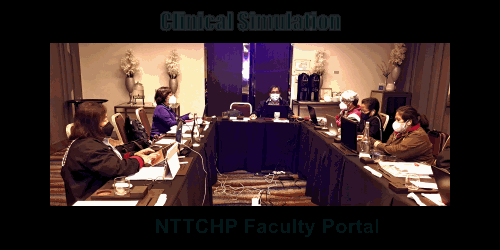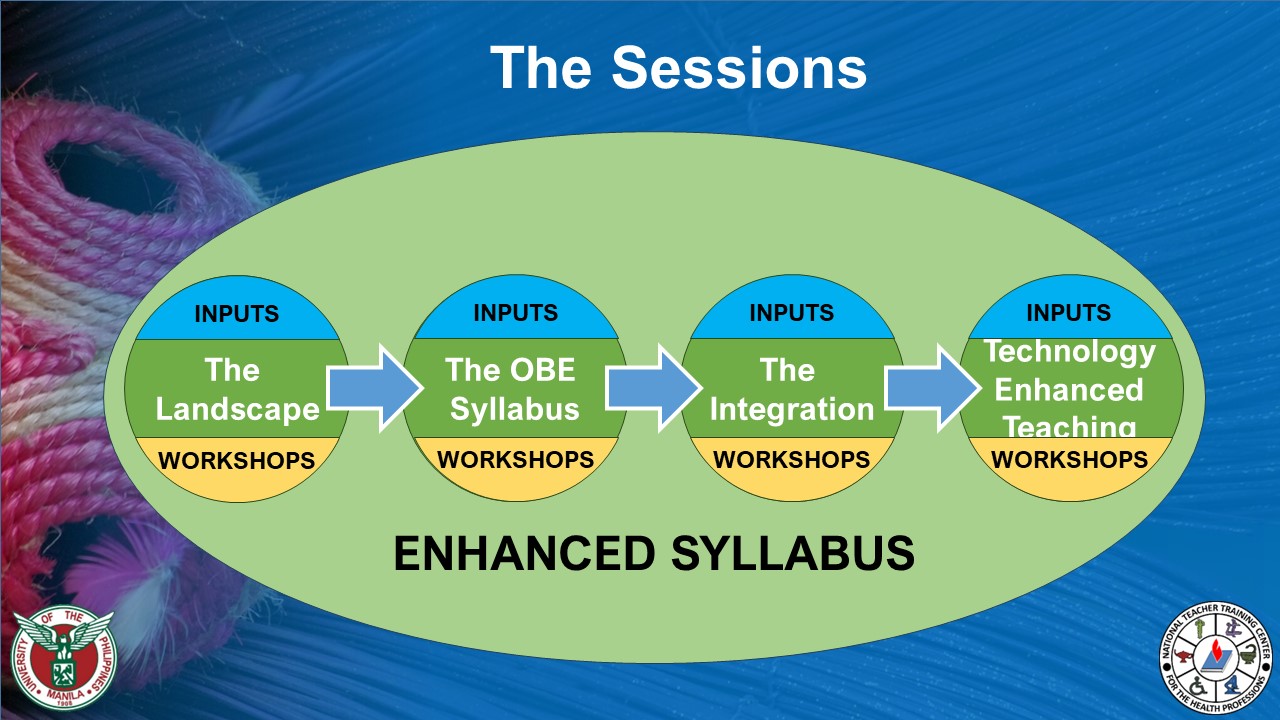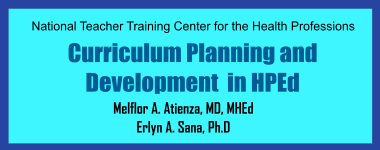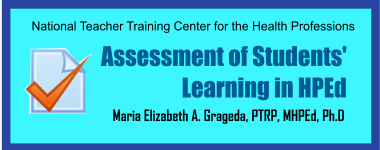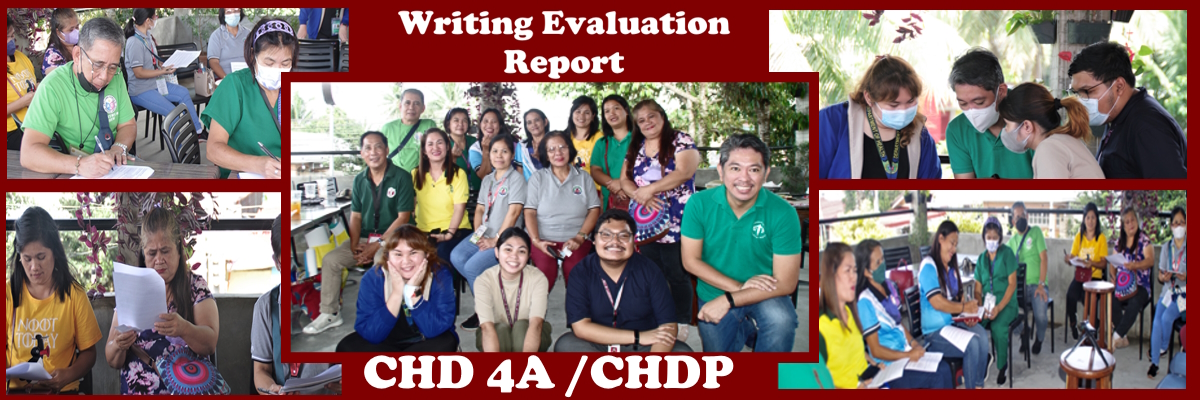A two-day face-to-face workshop that highlights the current trends in health professions education and explores concrete ways to use technology to enhance teaching and assessment. Challenges and opportunities that come with the emergence of artificial intelligence and new applications will also be discussed. Best practices by selected programs will be presented in a symposium. Participants will be coached in incorporating technology and AI in their courses to improve teaching and assessment of student achievement.

- Teacher: Ma. Elizabeth Grageda
- Teacher: Maria Dorothy Lourdes Salvacion
- Teacher: Erlyn Sana
- Teacher: Monica Walet

